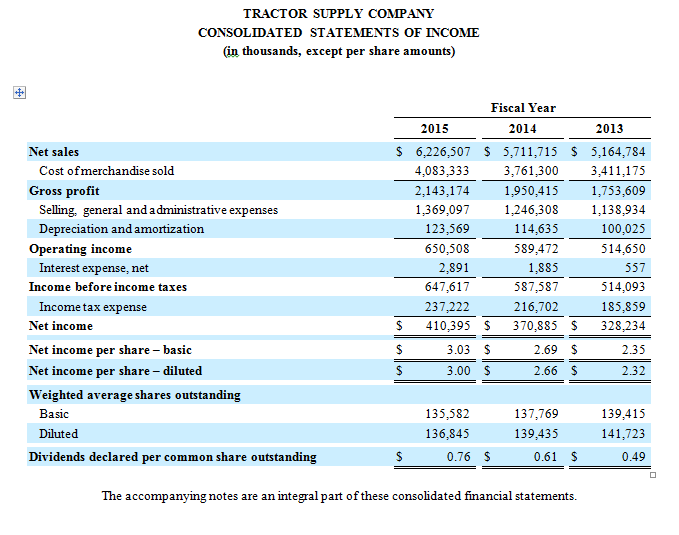Content

IA’s scope of work is comprehensive and considers all aspects of the organization, both financial and non-financial, with an emphasis on constructive improvement. If a taxpayer ends up not accepting a change, the issue will go through a legal process of mediation or appeal. Obtaining your auditing certification is proven to increase your earning potential.
The intent is to spot any issues that could impair the ability of IT systems to provide accurate information to users, as well as to ensure that unauthorized parties do not have access to the data. A payroll audit examines your business’s payroll processes to ensure they are accurate. When conducting payroll audits, look at different payroll factors, such as pay rates, wages, tax withholdings, and employee information. Businesses that have shareholders or board members may use internal audits as a way to update them on their business’s finances. The audit team reports their findings to shareholders and other internal stakeholders of the company in the form of an audit report. Sometimes, audit reports are submitted to external stakeholders, such as banks, creditors, the public, or the government.
Who performs an external audit?
Consultant auditors are external personnel contracted by the firm to perform an audit following the firm’s auditing standards. This differs from the external auditor, who follows their own auditing standards. The level of independence is therefore somewhere between the internal auditor and the external auditor. The consultant auditor may work independently, or as part of the audit team that includes internal auditors. Consultant auditors are used when the firm lacks sufficient expertise to audit certain areas, or simply for staff augmentation when staff are not available. The main purpose of an external audit is to validate a company’s financial statements and to provide assurance of the accuracy of financial reports.
What are the 5 types of audit?
- Internal audits.
- External audits.
- Financial statement audits.
- Performance audits.
- Operational audits.
- Employee benefit plan audits.
- Single audits.
- Compliance audits.
Internal audit is more than just security officers watching the business and reporting problems. It can also serve as an internal consulting department that adds value to your company’s operations. This is done by identifying opportunities for improvement and promoting change within the organization. A public sector audit goes a step Types of audits further than the financial audit of private organizations, which primarily focuses on the reliability of financial statements. An organization may conform to its procedures for taking orders, but if every order is subsequently changed two or three times, management may have cause for concern and want to rectify the inefficiency.
Understanding Audits
There are many well-established accounting firms that typically complete external audits for various corporations. The most well-known are the Big Four – Deloitte, KPMG, Ernst & Young , and PricewaterhouseCoopers . Internal audits are performed by the employees of a company or organization. Instead, they are prepared for the use of management and other internal stakeholders. An organization may also conduct follow-up audits to verify preventive actions were taken as a result of performance issues that may be reported as opportunities for improvement. Other times organizations may forward identified performance issues to management for follow-up. A third-party audit is performed by an audit organization independent of the customer-supplier relationship and is free of any conflict of interest.

The Standards are principle-focused and provide a framework for performing and promoting internal auditing. Government audits are performed to ensure that financial statements have been prepared accurately to not misrepresent the amount of taxable income of a company. In situations when a company’s financial records have not been maintained in accordance with GAAP but no misrepresentations are identified, an auditor will issue a qualified opinion.
Internal Controls
Small businesses hire internal auditors to compensate for their lack of resources for having an in-house certified accountant. In the US, audits of publicly traded companies are governed by rules laid down by the Public Company Accounting Oversight Board , which was established by Section 404 of the Sarbanes–Oxley Act of 2002. A first party audit does not involve anyone else, so it is considered an internal audit and it is conducted by auditors employed by your company organization. As already mentioned, the auditor cannot have a vested interest in the process for it to be an unbiased audit.
What are the 4 types of audit?
- Clean Report or Unqualified Opinion.
- Qualified Report or Qualified Opinion.
- Disclaimer Report or Disclaimer of Opinion.
- Adverse Audit Report or Adverse Opinion.
Financial audits seek to identify if there are any material misstatements in the financial statements. An unqualified, or clean, auditor’s opinion provides financial statement users with confidence that the financials are both accurate and complete. External audits, therefore, allow stakeholders to make better, more informed decisions related to the company being audited. Quality audits are performed to verify conformance to standards through review of objective evidence. A system of quality audits may verify the effectiveness of a quality management system. Quality audits are also necessary to provide evidence concerning reduction and elimination of problem areas, and they are a hands-on management tool for achieving continual improvement in an organization.
Internal Audit vs External Audit
Review the payment procedures of the accounts payable department for a large manufacturer. Evaluate the https://online-accounting.net/ policies and procedures of the Food and Drug Administration in terms of bringing new drugs to market.
In 2022, the IRS Went After the Very Poorest Taxpayers – Reason
In 2022, the IRS Went After the Very Poorest Taxpayers.
Posted: Fri, 06 Jan 2023 08:00:00 GMT [source]
This may lead to recommendations for changing controls to better protect your assets. Internal audit staff reviews proposed process changes to determine whether the appropriate controls are still in place. Otherwise, the staff will recommend a change and review it later to ensure it is properly installed and followed. In many countries, companies must conduct specific audit engagements other than the statutory audit to comply with particular laws and regulations requirements.